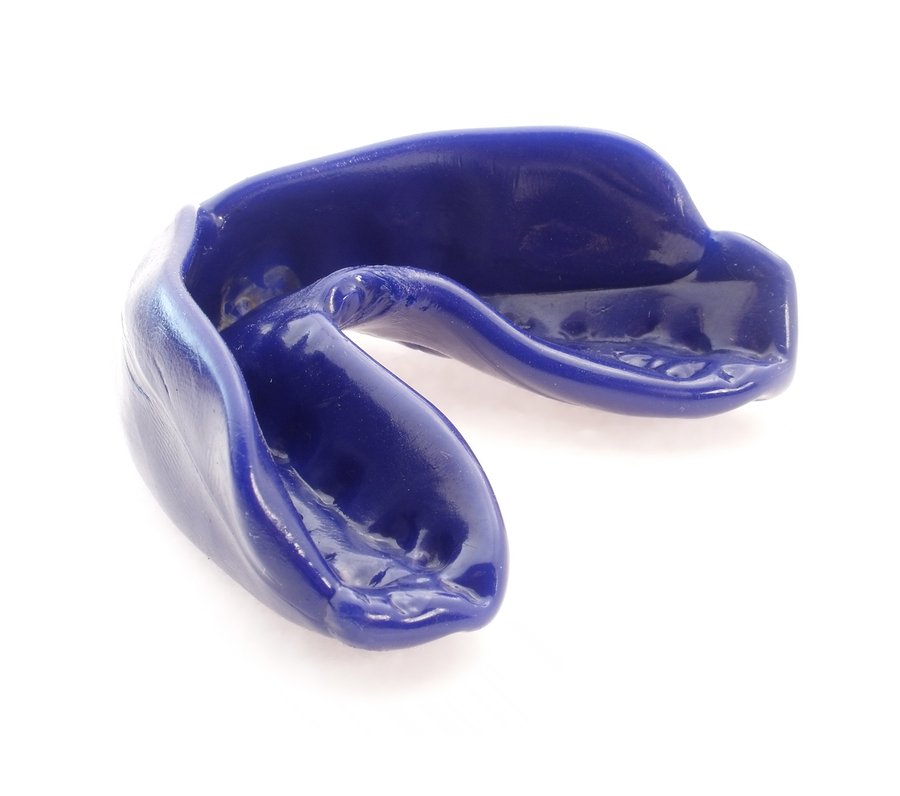Youth sports provide valuable experiences that help kids develop character, resiliency and lasting social relationships. Unfortunately, they also come with a certain amount of risk. By wearing mouthguards, young athletes can drastically reduce their odds of a dental injury. If they have braces, however, there are some important things to consider.
Understanding the Risk
According to the National Youth Sports Safety Foundation (NYSSF), each year about 3 million teeth are knocked out during children’s sporting events. While there’s no foolproof way to eliminate these types of injuries, there are ways to significantly reduce risk.
The American Dental Association (ADA) states that athletes are 60 times more likely to endure a dental injury if they do not wear a mouthguard. There is also some data that suggests that mouthguards could also protect against concussions, which have become a growing problem at every level of competitive athletics.
Mouthguards for Braces
With about 30 million American children and adolescents involved in youth sports annually, the impact of dental injuries can be significant. When a child has braces, the risk of injury can be greater – for both the child and other competitors. A mouthguard can help, but only if it is suitable for someone who has braces.
In some cases, off-the-shelf mouthguards can be problematic, because they either don’t leave enough room for the dental instruments or are too loose to provide adequate protection. For this reason, many parents ask their dentists or orthodontists to construct custom mouthguards that provide a snug yet comfortable fit. On the other hand, because custom guards can be expensive, some parents choose instead to purchase a generic mouthguard and manually mold it to fit as best as possible.
Some manufacturers also produce wider mouth guards for people with braces, along with specialized double mouthguards that are flexible or boil-and-bite. If you aren’t sure which type to try, consider asking your local dentist if he or she can recommend the best style and brand.
Things to Consider
Before deciding on whether to choose a custom-made mouthguard or generic boil-and-bite variety, it’s a good idea to check with your child’s coach, instructor or league office. In certain sports, players are covered by league or team insurance only when they wear mouthguards that are custom made by a dentist. Likewise, certain sports or leagues often require double mouthguards to protect both the top and bottom portions of the mouth.
When choosing a mouth guard, it’s also important to consider the potential cost of replacing expensive dental work. Since braces cost thousands of dollars, a custom mouth guard can be a wise way to protect your investment. It can also provide peace of mind that comes with knowing your child can perform without having to worry about breaking off a bracket or chipping a tooth.


 Previous Article
Previous Article

